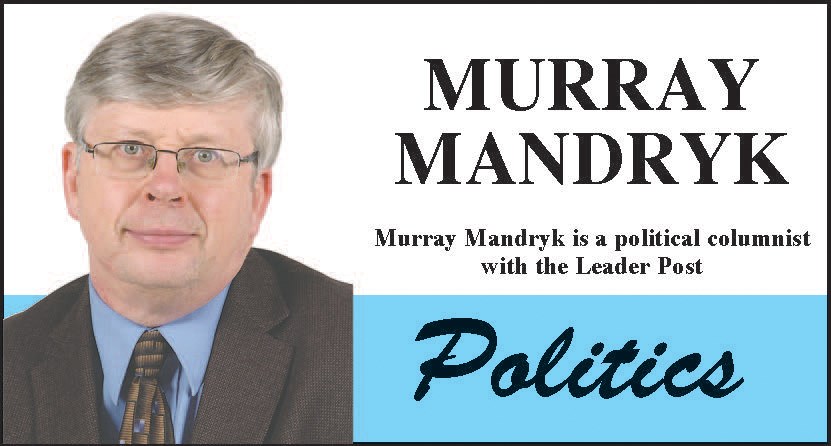No politician should ever get too comfortable — especially one that’s barely a year into his new job.
Things in politics can change rapidly for a new premier and leader like Scott Moe.
Given that he inherited a decade-old government with more than its share of deficit — debt and spending issues included questionable investments in the Global Transportation Hub (GTH) and the Regina bypass — there are all that many more reason for Moe to be cautious.
Finally, one might think that what insecurities Moe might have would be enhanced by the reality he was taking over from the popular Brad Wall.
But all that said, there are likely few leaders in Canada right now in a more enviable position than Scott Moe going into 2019.
Here is why:
For starters, it’s increasingly clear that Moe’s Sask. Party government does seem to digging its way of its deficit/balanced budget mess. When it presents its 2019-20 budget in March, it is expected to serve notice that it has accomplished that.
Notwithstanding the debt issues, if Moe can demonstrate fiscal competency that seems to have gone missing in the Sask. Party government, it would be a major victory coming at a time when the Saskatchewan economy continues to go through a major downturn.
What’s also to Moe’s advantage is that won’t have to go the polls in 2019, having set the next election date for Oct. 26, 2020.
That affords him additional time to work on a better budget path and hope for and economic turnaround leading into the 2020 election.
But the extra time in 2019 before a provincial election may be of great value to Moe for another reason.
Liberal Prime Minister Justin Trudeau will go to the polls in 2019 and that affords Moe a few added advantages.
It allows Moe to carry on his popular campaign opposing the federal carbon tax against an unpopular Prime Minister in this province. This seems to be a no-lose situation.
Should Trudeau’s Liberals pull out another victory, it is likely to reinforce what many in Saskatchewan dislike about his government — much to the benefit of Moe and the Sask. Party. But even should Trudeau lose, Moe stands to bask in both the victory and the honeymoon period of a new Andrew Scheer Conservative government.
However, any success Moe finds in 2019 will likely have more to do with what’s gone on in the past in Saskatchewan politics than what’s likely to happen in the coming year.
One of the sharpest criticism of Moe — fairly or unfairly — has been his penchant to pander to rural voters. All one has to do is consider the rural vote numbers from the 2016 election to see why.
For example, in the eight rural seats in southeast Saskatchewan, the Sask. Party had 25,725-vote advantage over the NDP — 38,230 votes to 12,505.
In the four rural southeast seats, the Sask. Party held a 20,593 advantage over the NDP — 24,226 votes to 3,633.
In the five west central Saskatchewan, the 35,582 Sask. Party votes in 2016 compared with the 7,877 votes gave the governing party a 27,695-vote advantage.
In northeast Saskatchewan’s six seats, the Sask. Party had 17,305 more votes — 29,189 compared with 11,884 votes for the NDP.
And in five northwest rural seats, the Sask. Party was 17,230 votes ahead — 23,589 compared with 6,368 for the NDP.
Of course, things could change in the 2020 vote, but, give the massive difference, the Sask. Party is almost guaranteed to retake all 29 rural seats.
That would mean the Sask. Party would only need another three more seats for a majority. Maybe it won’t win all 19 urban seats, but it Moe appears to be a rather good position.
Nothing is ever guaranteed in politics, but Moe seems to be in as good a position as any politician in 2019.
Murray Mandryk has been covering provincial politics for over 22 years.



